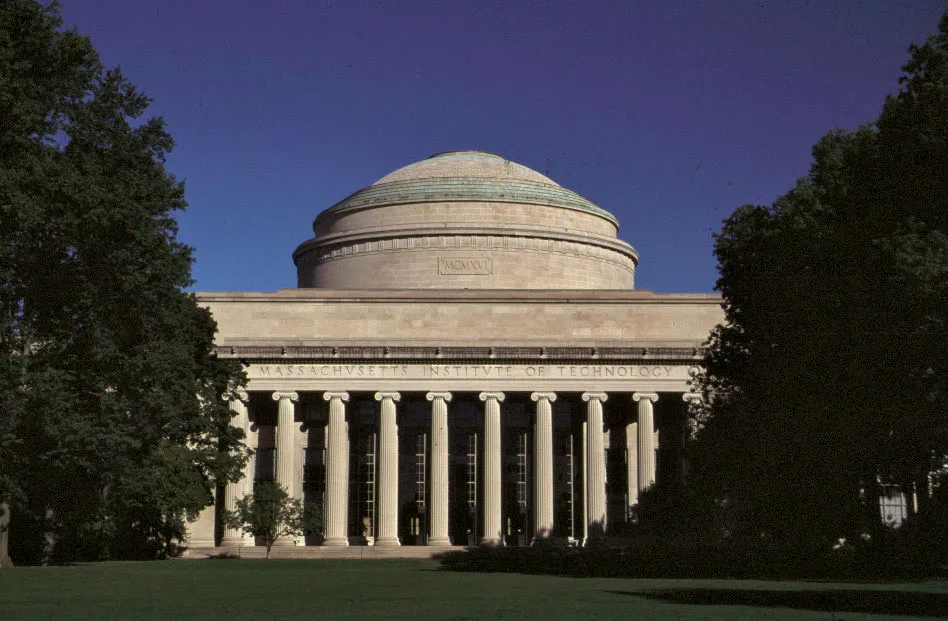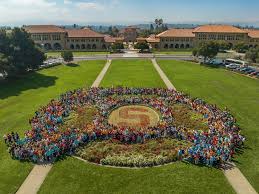The University of Pennsylvania
Founded in 1740 by Benjamin Franklin, the University of Pennsylvania (Penn) stands as one of the oldest and most prestigious institutions of higher education in the United States. Located in the heart of Philadelphia, Penn has consistently been at the forefront of academic innovation, research, and societal impact. With its rich history, world-class faculty, and diverse student body, the university has earned its place among the Ivy League elite, shaping the minds of future leaders and contributing to groundbreaking discoveries that have transformed the world.
History of Innovation
The University of Pennsylvania’s origins are deeply rooted in the vision of its founder, Benjamin Franklin. Unlike other colonial colleges of the time, which focused primarily on religious instruction, Franklin envisioned an institution that would prepare students for practical success in business, public service, and the arts. This forward-thinking approach led to the creation of the first American university, combining a liberal arts education with professional training.
Penn was also the birthplace of many academic firsts. It established the first medical school in North America in 1765, the first collegiate business school (the Wharton School) in 1881, and the first student union building, Houston Hall, in 1896. These milestones reflect Penn’s enduring commitment to innovation and its role as a trailblazer in higher education.
Academic Excellence Across Disciplines
Today, the University of Pennsylvania is home to 12 schools, including four undergraduate schools and numerous graduate and professional programs. These include the College of Arts and Sciences, the School of Engineering and Applied Science, the Wharton School, the Perelman School of Medicine, the School of Nursing, and the Law School, among others. Each school is renowned for its rigorous academic programs, distinguished faculty, and cutting-edge research.
Penn’s interdisciplinary approach to education encourages students to explore diverse fields of study. The university’s unique “One University” philosophy fosters collaboration across disciplines, enabling students and faculty to tackle complex global challenges from multiple perspectives. For example, the Penn Integrates Knowledge (PIK) initiative brings together scholars from different fields to address pressing issues such as climate change, public health, and social inequality.
Global Leader in Research
As a leading research institution, the University of Pennsylvania is dedicated to advancing knowledge and driving innovation. With over $1 billion in annual research expenditures, Penn ranks among the top universities in the world for research output and impact. Its faculty and students are engaged in groundbreaking work across a wide range of fields, from medicine and engineering to the humanities and social sciences.
Penn’s research enterprise is supported by state-of-the-art facilities and resources, including the Pennovation Works, a hub for innovation and entrepreneurship, and the Penn Medicine network, which includes some of the nation’s top hospitals. The university’s commitment to translational research ensures that discoveries made in the lab are rapidly translated into real-world applications, improving lives and addressing societal needs.
Vibrant and Inclusive Community
The University of Pennsylvania is home to a diverse and dynamic community of students, faculty, and staff from around the globe. With over 10,000 undergraduate and 11,000 graduate and professional students, Penn offers a rich and vibrant campus life. Students have access to hundreds of student organizations, cultural centers, and athletic programs, fostering a sense of belonging and encouraging personal growth.
Penn’s commitment to diversity, equity, and inclusion is reflected in its admissions policies, financial aid programs, and campus initiatives. The university’s need-blind admissions policy ensures that students from all socioeconomic backgrounds have the opportunity to pursue a Penn education, while its generous financial aid packages make it accessible to talented individuals regardless of their financial circumstances.
Preparing Leaders for a Changing World
At the heart of Penn’s mission is the goal of preparing students to become leaders in their chosen fields and to make a positive impact on society. The university’s emphasis on experiential learning, global engagement, and civic responsibility equips students with the skills and knowledge they need to navigate an increasingly complex and interconnected world.
Penn’s alumni network is a testament to the university’s success in achieving this mission. With over 300,000 alumni worldwide, Penn graduates are leaders in business, government, academia, and the arts. Notable alumni include former U.S. President Donald Trump, entrepreneur Elon Musk, poet Ezra Pound, and Nobel laureates such as economist Lawrence Klein and physicist Raymond Davis Jr.
Commitment to Civic Engagement
The University of Pennsylvania’s impact extends far beyond its campus. Through its commitment to civic engagement and community service, Penn works to address the needs of its local and global communities. The university’s Netter Center for Community Partnerships facilitates collaborations between Penn and West Philadelphia, fostering initiatives that promote education, health, and economic development.
Penn’s global outreach is equally impressive. Through programs such as the Penn Global Engagement Fund and the Penn Abroad initiative, students and faculty have the opportunity to engage with communities around the world, addressing global challenges and promoting cross-cultural understanding.
Looking to the Future
As the University of Pennsylvania approaches its 300th anniversary, it remains steadfast in its commitment to excellence, innovation, and impact. The university’s strategic plan, *The Penn Compact 2022*, outlines a vision for the future that emphasizes inclusion, innovation, and impact. By fostering a culture of collaboration and creativity, Penn aims to continue its legacy of shaping the leaders and ideas that will define the 21st century.
In conclusion, the University of Pennsylvania is more than just an institution of higher learning; it is a community of scholars, innovators, and changemakers dedicated to making a difference in the world. From its historic roots to its cutting-edge research, Penn embodies the spirit of discovery and the pursuit of knowledge. As it looks to the future, the university remains a beacon of excellence, inspiring generations of students to dream big and achieve even bigger.
Share this content:





Post Comment